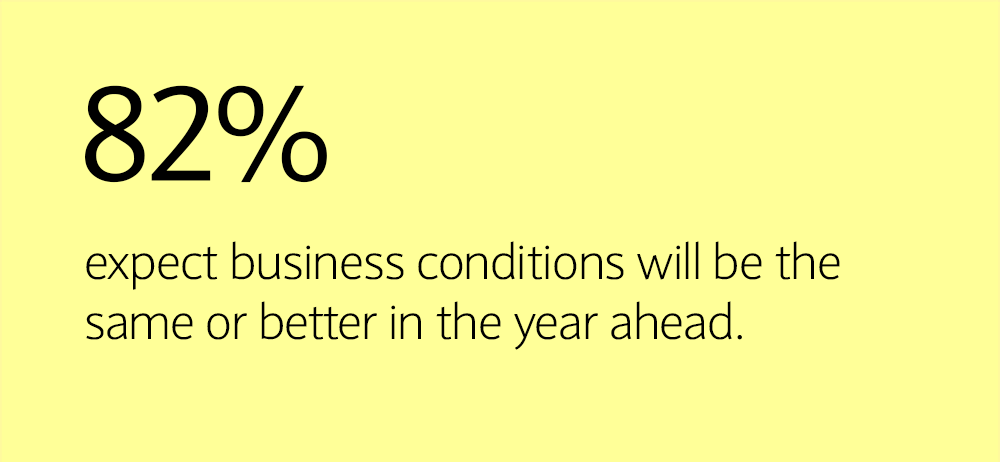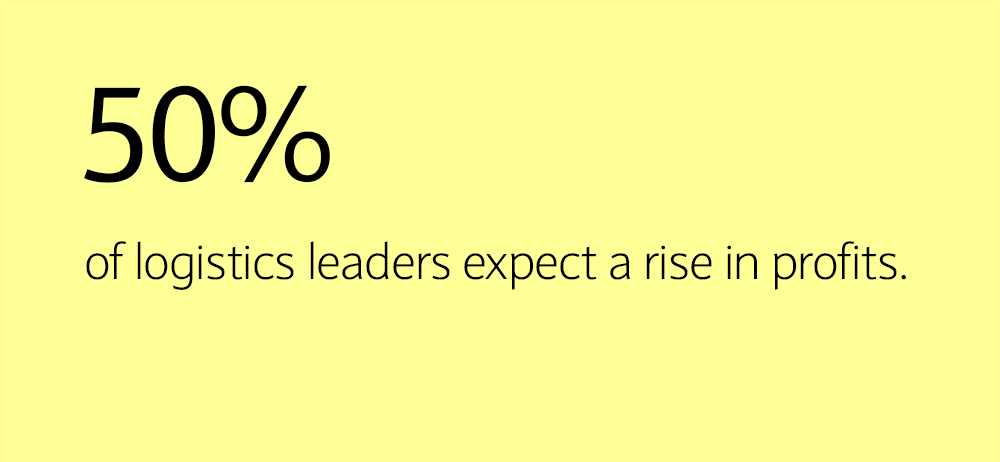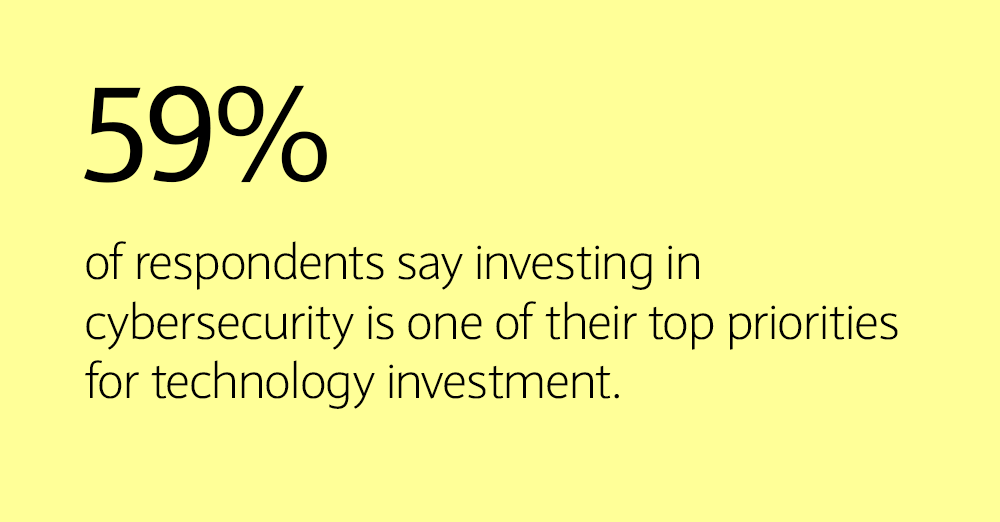
Shifting up a gear
Find out how with our support, DX, Priority Freight and Welch Group are helping accelerate positive change in the logistics sector.

It’s encouraging to see the result of this year’s index, a score of 57.6 up from the 47.3 in 2023, showing that the sector has acclimatised to the challenging and uncertain trading environment of the last couple of years. It looks like we’re moving in the right direction, and it’s a testament to the resilience shown by many businesses in the logistics industry.

Industry Director, Manufacturing Transport and Logistics, Barclays Corporate Banking
Barclays and BDO, in conjunction with specialist sector research agency Analytiqa, have once again undertaken research to assess confidence and expectations in the UK logistics sector. More than 100 senior decision-makers – including chief executive officers, managing directors and chief financial officers – provided their views and insights during July and August 2024.
This year’s Logistics Confidence Index result is a remarkable recovery from 2023, when we saw our second lowest score ever, showing that businesses believe the challenging conditions of the last year or so may be behind them, and that they are planning for growth, albeit marginal.
With the exception of the Covid bounce-back score recorded in 2021, this is the highest result since H2 2015, reflecting a more stable business environment, with interest rates having peaked, inflation abating and a modest improvement in UK growth prospects.
The percentage of respondents who say current business conditions are somewhat more favourable is up 12% on 2023 and up 10% on pre-Covid figures, but nearly half feel conditions are more difficult now than a year ago.
There’s positive news on turnover and profit expectations for the next 12 months but roughly a third (35%) of logistics businesses expect no change in profitability – suggesting there is still a good deal of uncertainty about future prospects.
The number of firms very likely to make significant capital expenditure in the next year is down 6% compared to 2023, a decline in investment appetite that could reflect caution against a backdrop of interest rates that are still relatively high.
Customer price pressure takes top spot as the biggest challenge for the year ahead, cited by 68% of respondents. Changing volumes, concerns about staff shortages and uncertainty about supply chain disruption have also been identified as possible challenges.
Although discouraging to see a drop in anticipated investment, it is widely expected that global interest rates will continue to decline, making way for a more favourable economic environment, which will in turn provide more confidence to drive investment

Partner at BDO LLP
At Barclays Corporate Banking, we’re committed to supporting your business and its ambitions for growth. With factors like collaboration and M&A highlighted by logistics leaders as a strategic priority, our tailored solutions could support your businesses in its journey– whether through funding for growth or acquisition finance.
62% of logistics firms are improving pay and conditions to address talent and skills shortages, the most common strategy cited by logistics businesses. Many businesses believe competitive pay packages are important factors in attracting and retaining staff.
Difficulty finding HGV drivers is once again having the biggest impact on business for logistics operators, but there is increased concern this year about a shortage of senior management and leadership talent.
Working with younger people and introducing apprenticeship schemes is still an important strategy for tackling talent/skills shortages and is up 2% on 2023. Firms are also still keen to improve the volume and quality of training for their people.
of respondents say the expectations of customers drive ESG activity in their business.
say ESG activity is driven by making a positive environmental impact.
point to corporate reputation as a driver for ESG activity.
see cost as the biggest barrier to cutting carbon.
Making a positive environmental impact is a key driver of ESG activity, while corporate reputation is also an important factor, up from 45% on last year, reflecting logistics leaders’ recognition of the importance of how their business is viewed by stakeholders.
Cyber threats against organisations of all kinds around the world continue to hit the headlines, so it’s no surprise that so many logistics firms say they will invest in protection against that danger over the next three years – a response that’s up more than 20% on last year.
With logistics providers now reliant on digital technology in so many areas – from vehicle tracking to APIs linking them with clients and suppliers – any kind of disruption is likely to seriously affect operations, impacting reputation and margins.
Our research shows that the majority of firms who responded to an open question on their specific investment in AI indicated they haven’t and don’t plan to invest in AI in the next 12 months, but several businesses said they are beginning to look at it and how to exploit its potential.
Our Logistics Confidence Index has increased to 57.6 this year, a rise of 10.3 points. Aside from the Covid bounce-back score of 2021, this is the highest level of confidence since H2 2015.
82% of logistics operators expect business conditions to stay the same or get better in the next 12 months.
Lack of HGV drivers is ranked as the No.1 impact of the talent/skills shortage – but there’s growing concern about filling roles in senior management and IT.
70% of logistics operators say cost is the biggest barrier to cutting carbon, while 47% say infrastructure.
59% of respondents say they’ll invest in cyber security, 55% say technology upgrades, while investment in AI is selected by 43% of logistics businesses.
All figures and data relating to the UK Logistics Confidence Index within this report have been researched by Analytiqa. The index calculation is based on the proportion of respondents reporting either an improvement, no change or deterioration within the sector, scored from 0 to 100. Therefore, a number over 50 indicates an improvement, while below 50 suggests a decline. The further away from 50 the index is, the stronger the change over the period.

Find out how with our support, DX, Priority Freight and Welch Group are helping accelerate positive change in the logistics sector.

With expertise across the whole value chain, we’ll help you think outside the box.

To discuss your business requirements and how Barclays can support you, contact us today.

We provide a complete spectrum of solutions to enable your business to transact and trade easily, manage risks efficiently and finance its plans for growth.



